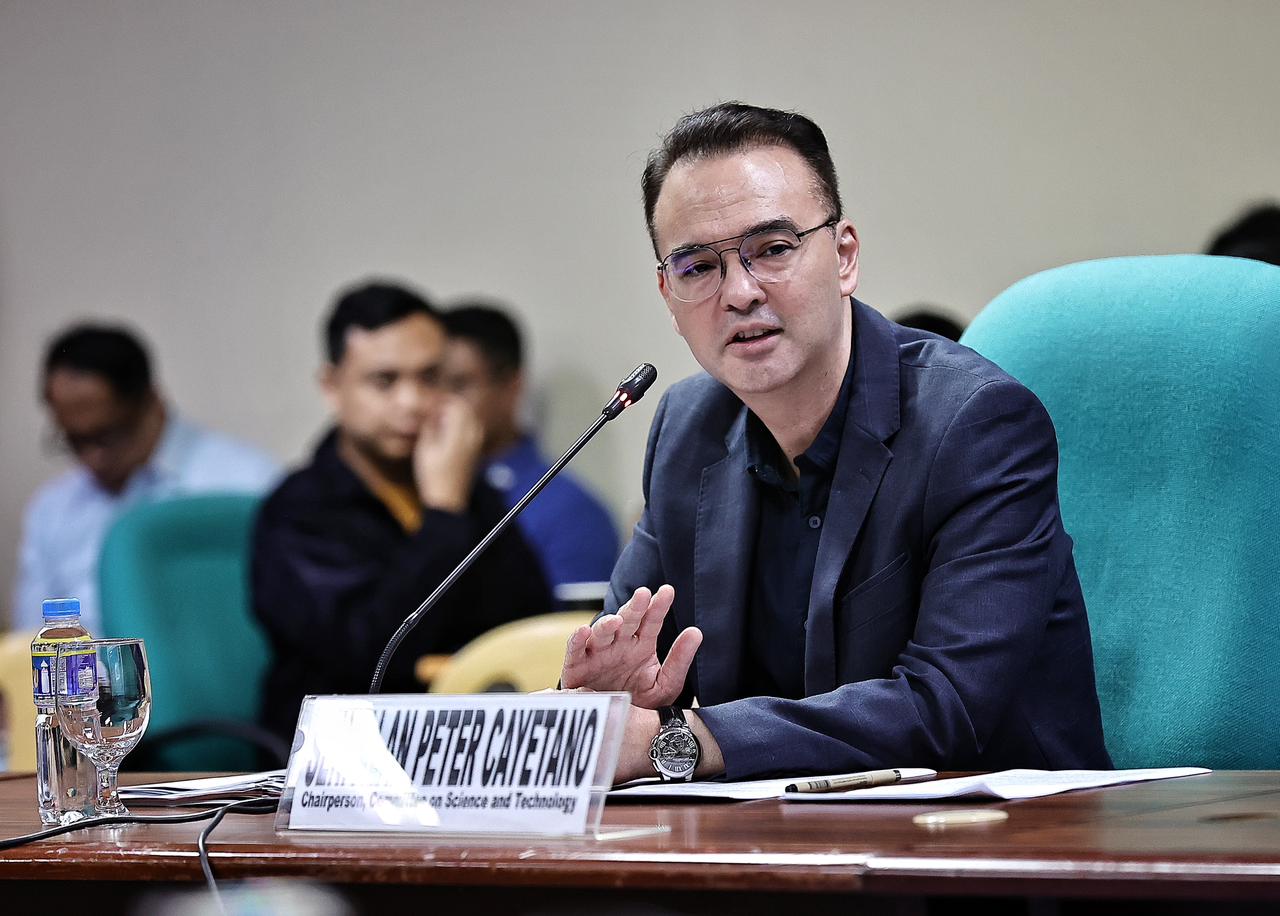
MANILA, Philippines – Senator Alan Peter Cayetano on Friday assured the public that the proposed Philippine Nuclear Regulation Act is not meant to build a nuclear power plant but to create an institution that will regulate all existing radioactive material usage in the country.
Cayetano made the statement during the public hearing on Senate Bill No. 1194 (Comprehensive Atomic Regulation) and Senate Bill No. 1491 (Philippine Nuclear Regulation Act) conducted by the Committee on Science and Technology, which he chairs.
“Doon sa mga may agam-agam, may doubt sa nuclear power plant, nuclear energy: this bill is not to put up one (nuclear power plant). It’s precisely to have the institution and the right people to be able to assess [the use of nuclear energy],” he said.
According to DOST-Philippine Nuclear Research Institute (PNRI) Director Vallerie Ann Samson, nuclear energy is used not only for power generation but also for agriculture, medicine, and other industries.
The counterpart measure in the House of Representatives is House Bill No. 9293 or the “Philippine National Nuclear Energy Safety Act,” which was approved on third and final reading last November 22, 2023.
It aims to establish a legal framework to facilitate a “safe and secure” utilization of nuclear energy in the country.
Both the House and the Senate’s version of the measure seek to create the Philippine Atomic Energy Regulatory Authority or PhilATOM, which will be tasked to provide licenses to all facilities that utilize radioactive materials and electrically generated ionizing radiation, including hospitals that offer radiology procedures.
Right now, facilities that use nuclear energy like PET/CT scan providers need to secure two licenses in order to operate: one from PNRI for the use of radioactive material, and one from the Food and Drug Administration for its clinical application.
Cayetano said PhilATOM is meant to protect the public from unsafe utilization of radioactive materials.
“Para mong sinabing nag-create ka ng Bureau of Fire. Hindi mo gusto ng sunog; gusto mo ng mga tao na iwa-warn tayo, mag-i-inspect, magpi-prevent,” he said.
(It’s like saying you created the Bureau of Fire. You don’t want fires; you want people who will warn us, inspect, and prevent them.)
“You have our support,” he added, addressing PNRI.
Share
